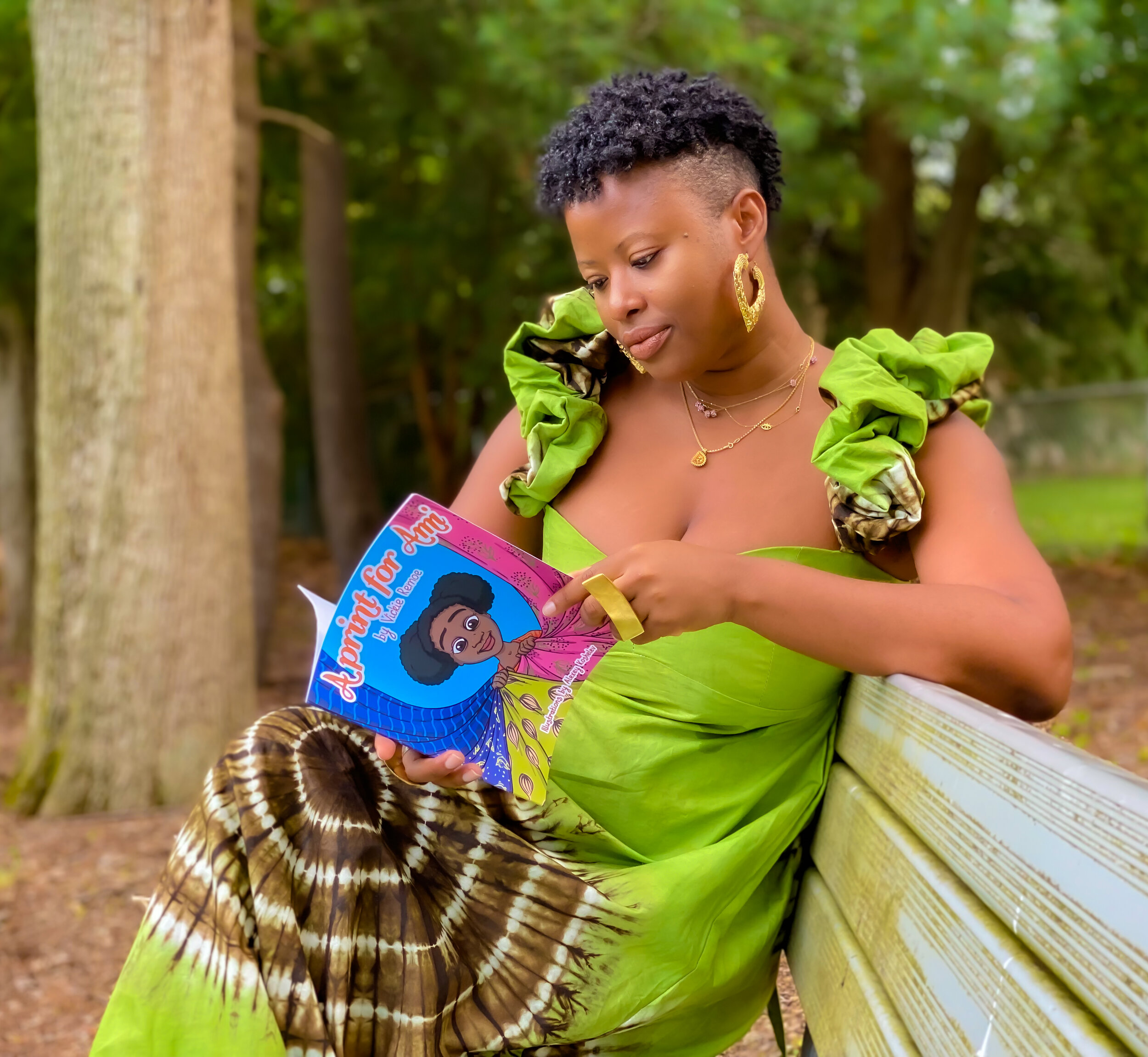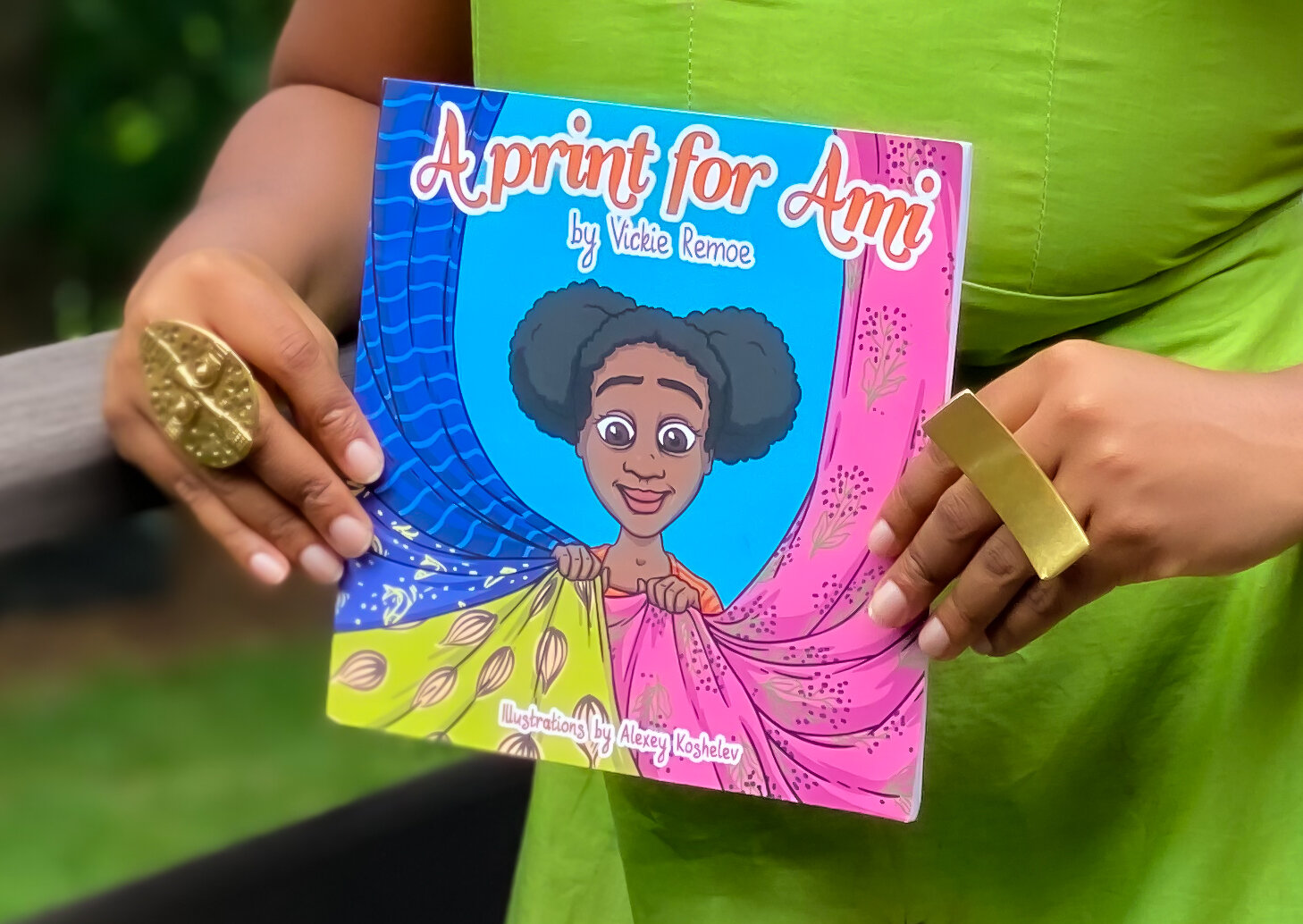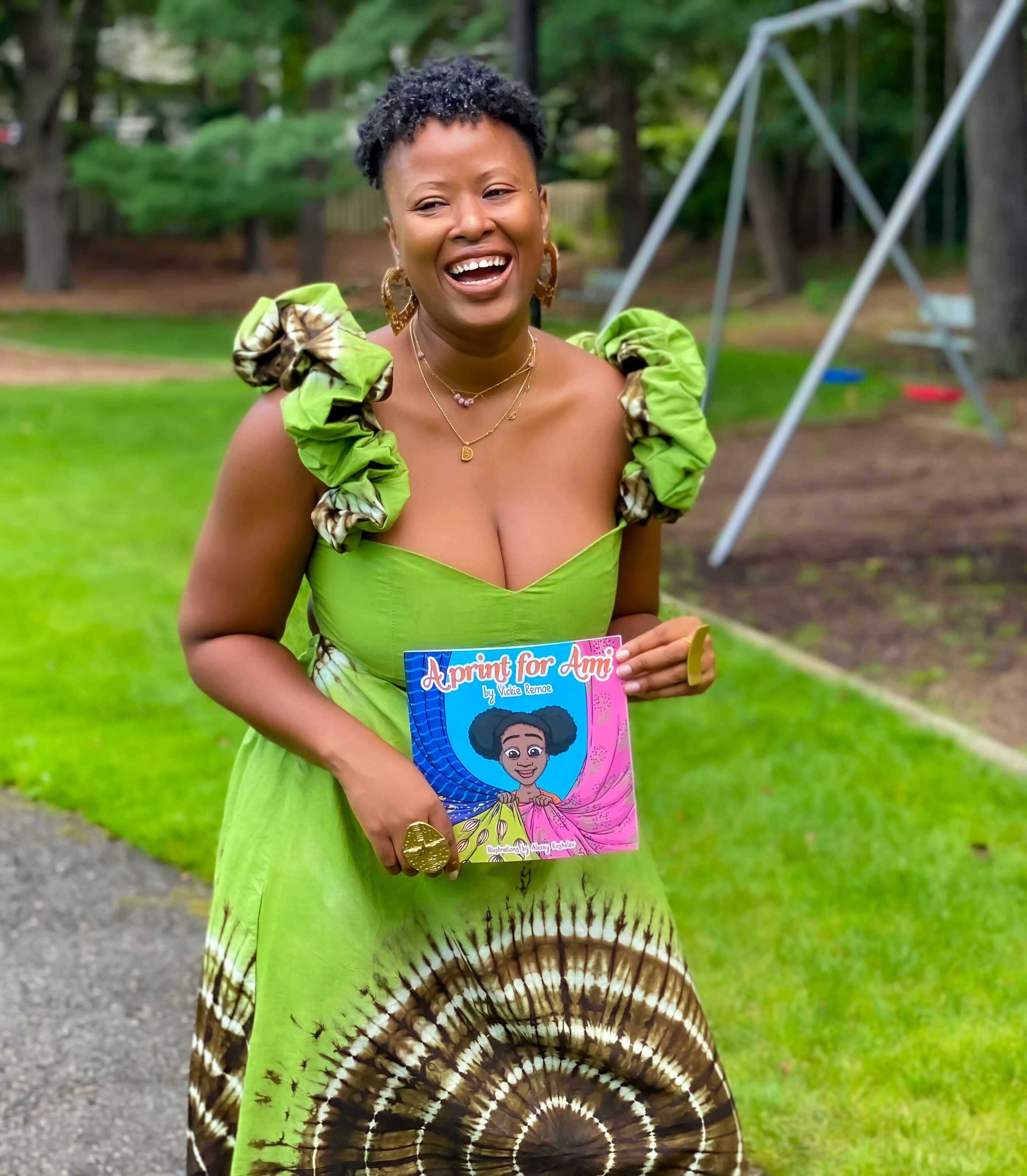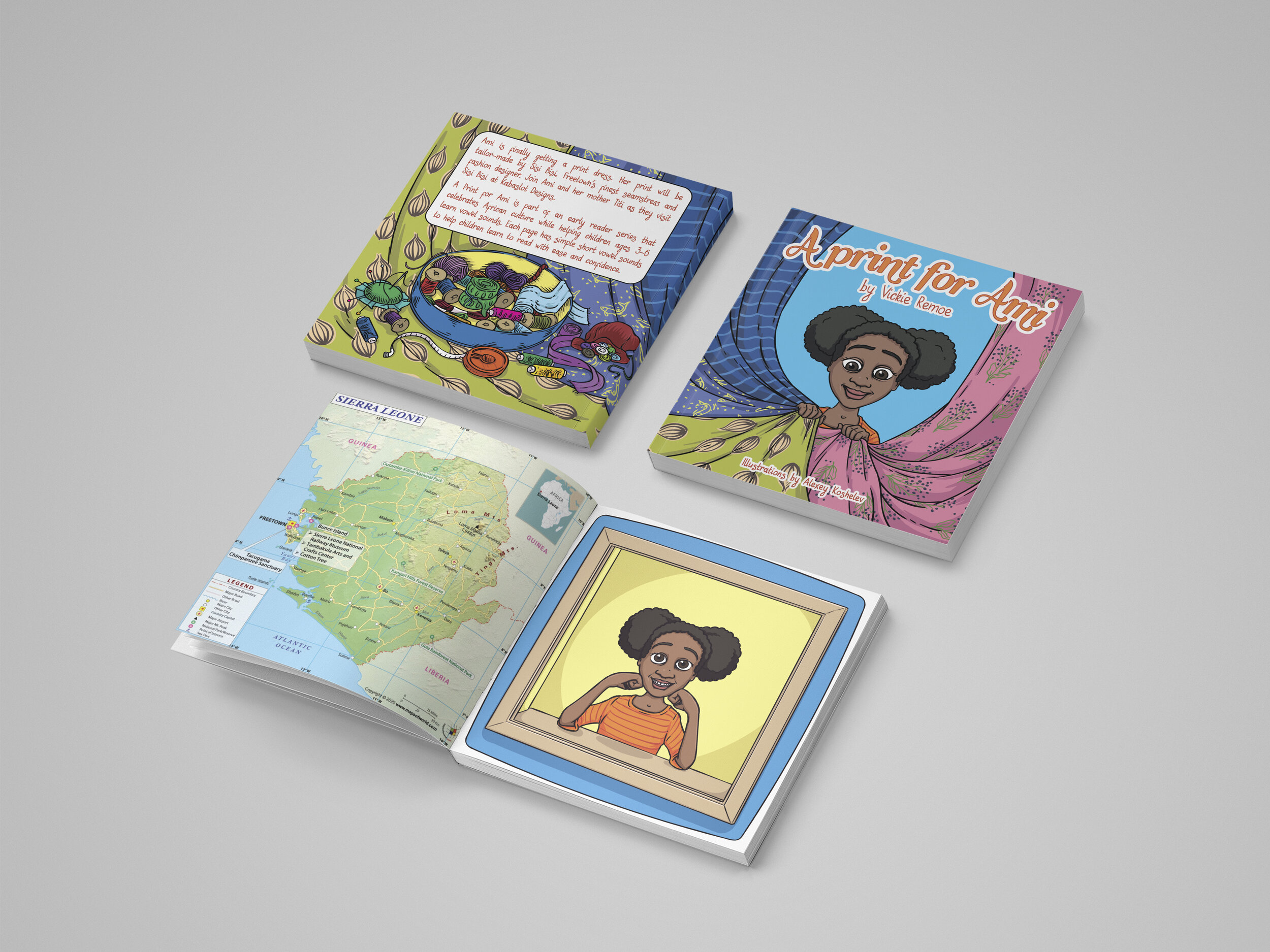I loved Barbie dolls but white dolls and African girls is a bad combo!
My parents gave me many Barbie dolls because they loved me, but for a child growing up on the African continent those dolls were not good for my self-esteem.
What I loved the most about the Barbie was its hair. It was straight and long. I wanted my hair to fall to my back just like Barbie's. The image of Barbie being the ideal for beauty stayed with me. I permed and styled my hair to be long, straight, and fine. Long hair was an accomplishment that I was committed to attaining for much of my teens and into early adulthood. I broke free from the hold long hair had on me once I understood that the obsession had begun from childhood. When I turned 19, I let go of that beauty standard and decolonized my mind. I went natural not because it was fashionable, it was a declaration of self love.
My parents did not know (like many still don't) how the image of Barbie would affect my self-esteem. Whether it's a doll, a music video, or a book, children will only learn to value what they see.
When I write children's books, I think of six-year-old me growing up in Sierra Leone pining to look like Barbie. I don't want any more girls to doubt the beauty of their skin or their hair. Every detail in my book celebrates African people––hair, skin, dress, and values.
We can not repeat the same mistakes and expect different results. If we want African girls to grow up with self-esteem and self-love it starts here!
Give African girls positive affirmations and dolls and books (like my new book A Print for Ami) that show that Black skin and Black hair is beautiful.






![Sexual Pleasure for African Women - How To Get IT & Prioritise IT [Video Diary]](https://images.squarespace-cdn.com/content/v1/58e24f343e00be0ae513d74f/1625750228075-GAE2WPQ8AHT3P4NGGG8B/98510A77-87DF-4194-A93D-DEC5446A1F2B.jpeg)
![Sierra Leonean Love Was High At My Book Launch in New Jersey {Inside Diaspora Event Photos]](https://images.squarespace-cdn.com/content/v1/58e24f343e00be0ae513d74f/1645395188790-7W26V78F6WW50HN7WG5C/3A0B90A3-04F5-495C-9CEC-4EF2512155AF.jpg)

